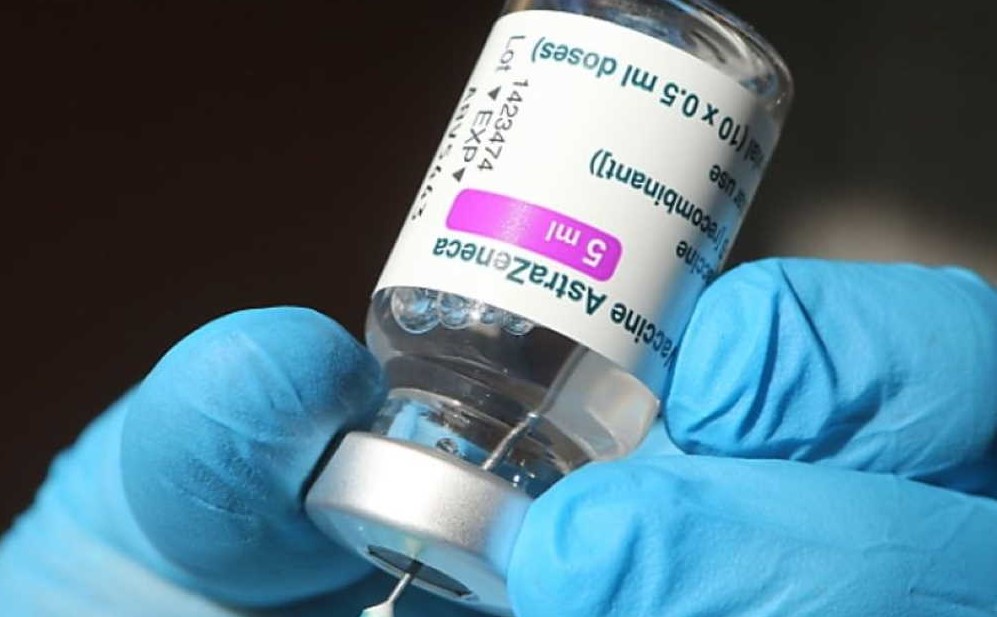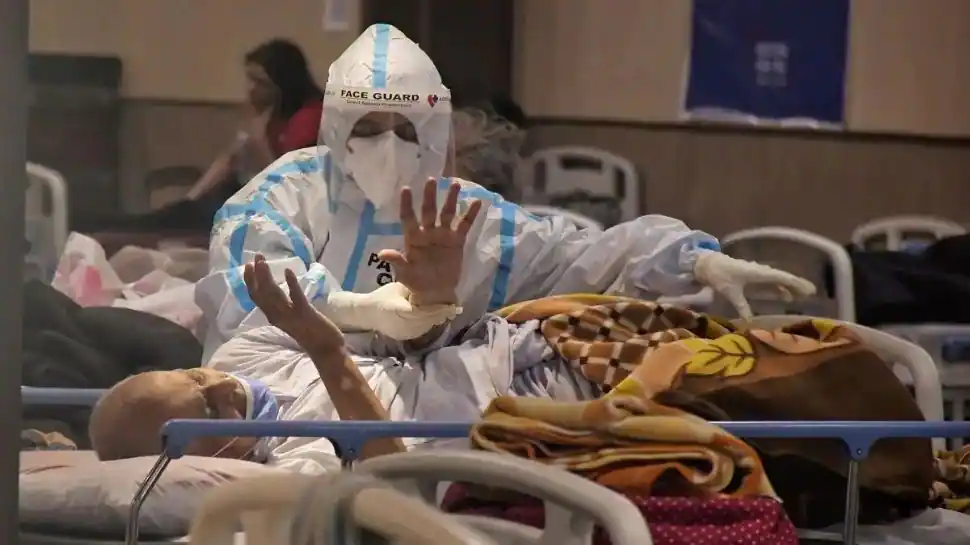By Jack Gerson (in the USA) – a form of this article appeared in Facts for Working People, 4th August 2021 – see link at the end.
On August 4, Tedros Adhanom Ghebreyesus, Director-General of the World Health Organization (WHO), called for a moratorium, until at least the end of September, on the use of Covid-19 vaccine booster shots by wealthy nations, saying that the global priority should be on increasing supplies of first doses to countries that are still struggling to protect health workers and older adults.
More than 80% of the Covid vaccine doses administered to date have gone to high-income countries that account for less than half of the world’s population. High- and middle-income countries have administered nearly 100 doses for every 100 people; low-income countries have administered only 1.5 doses per every 100 people “because of lack of supply”, according to Tedros. Only about 1.5% of Africans have been vaccinated — in Nigeria, Africa’s most populous country, well under 1% have been vaccinated.
Tedros said that the aim of the moratorium would be to vaccinate at least 10% of the population of every country, making the global priority vaccinating those at greatest risk by increasing supply of first doses to those countries — overwhelmingly low-income countries — that are struggling to even vaccinate their health workers and elderly.

Asked about the W.H.O.’s call for a moratorium, Jen Psaki, the White House press secretary, said, “We feel that it’s a false choice, and that we can do both.” (So then why haven’t they? Why aren’t they?)
In contrast, Helen Clark, former New Zealand prime minister and co-chair of an influential Covid panel, criticized affluent countries for buying up many more vaccines than they require, and for the most part only redistributing their surplus when the vaccines are approaching their expiry date.
Wave of death
“Inequitable manufacturing and distribution of vaccines is behind the wave of death which is now sweeping across many low- and middle-income countries that have been starved of vaccine supply,” said Dr. Soumya Swaminathan, Chief Scientist of the World Health Organization.’
The arrival of effective vaccines has dramatically reduced death and hospitalization rates in countries able to carry out mass vaccination campaigns, providing hope that the pandemic can be brought under control. That hope persists: while vaccines are not as effective in preventing symptomatic infection from the Delta variant as they were against previous variants, they remain nearly as effective in preventing infections serious enough to require hospitalization.
But the pandemic will not be brought under control as long as much of the world’s population remains unvaccinated. Covid-19 spreads and mutates most rapidly in unvaccinated areas, causing sickness and deaths and likely producing new lethal variants that will spread to more fully vaccinated countries. We see this now, as more transmissible and resistant variants have emerged – the Delta (Indian) variant, which is far more transmissible than previous variants. (Another highly transmissible variant of concern, the Lambda variant, has swept through Peru and neighboring South American countries, and has recently been detected in the U.S.)
No one will be safe until everyone is safe
That message has not been heeded by affluent countries and pharmaceutical corporations that dominate manufacturing and distribution of the vaccines. Promises were made, but those promises were not kept. As recently as this spring the WHO had hoped that donations from affluent nations and vaccine manufacturers would make it possible to vaccinate at least 20% of the population of low-income countries. Now, we see from Dr. Tedros’s statement, the target is 10%, and even that seems optimistic.

A shift in global vaccine distribution is essential. But it’s not enough to just redistribute what’s currently being manufactured. There needs to be a sea change in manufacturing, as well as distribution. Patent walls need to come down. Technology needs to be shared and transferred, so that manufacturing is decentralized, and assistance in getting manufacturing going and up to speed is provided around the world.
In May 2020, the WHO created the COVID-19 Technology Access Program (C-TAP) to provide a locus for developers of therapeutics, diagnostics, and vaccines to share intellectual property and know-how with qualified manufacturers around the world. It’s now fifteen months later, yet zero vaccine manufacturers have signed on to share their manufacturing technology.
Big Pharma
In May 2021, Biden said that patent walls should be lowered for Covid vaccines, but that was just a pro forma statement with no teeth and no follow through. Big Pharma issued a statement on its web site taking Biden to task for messing with “innovation” – even though most of the key innovations for the mRNA vaccines was done in government and public labs, and the rest with public funding, including $10 billion disbursed to pharmaceutical manufacturers in spring 2020 by “Operation Warp Speed.”
What we’ve seen thus far –the hoarding of nearly all global vaccines by rich countries — recapitulates what transpired during the 2009 H1N1 flu outbreak. Then, too, affluent nations cornered the global vaccine market and virtually locked out the rest of the world. The 2009 flu outbreak should have been a dress rehearsal for how to respond to the current pandemic. But the 2009 pandemic fizzled out, being far less lethal than had been anticipated. And no lessons were learned. Instead, the corporate pharmaceutical manufacturers were once more allowed — even encouraged — to profiteer, and the affluent countries locked up global supply by outbidding the rest of the world. Only this time, our luck ran out. This pandemic hasn’t fizzled.
It’s well past time to take down patent walls that prevent access to vital health care, be that vaccines, therapeutics, access to medical professionals or hospitalization. Indeed, it’s time to take the health of the world’s people out of the hands of the pharmaceutical and health insurance industries. For decades, they have held back development and provision of what people really need by prioritizing their profits and their control over instead.
Not the last pandemic
Covid-19, alas, is not likely to be the last global health crisis, nor even the last viral pandemic, that we will face. The pharmaceutical industry has demonstrated that it won’t be ready in advance, will only act if it is guaranteed gigantic profits, and then will act in ways that favor the rich and put the poor in harm’s (and death’s) way.
What’s needed is a reorganization of the way health care, public health, and biomedicine is organized and delivered, locally and globally. Human lives should not have a price tag; health should not be sacrificed to profit. To make this happen will require a radical reorganization of social priorities and society itself. It’s not too soon to organize and fight for that.
Nearly six months ago, I wrote an article on vaccine apartheid for the South African journal “Amandla!’ It ended with the last two paragraphs above. The article’s analysis and predictions have held up well. You can read it here attached to my article in Facts for Working People.



